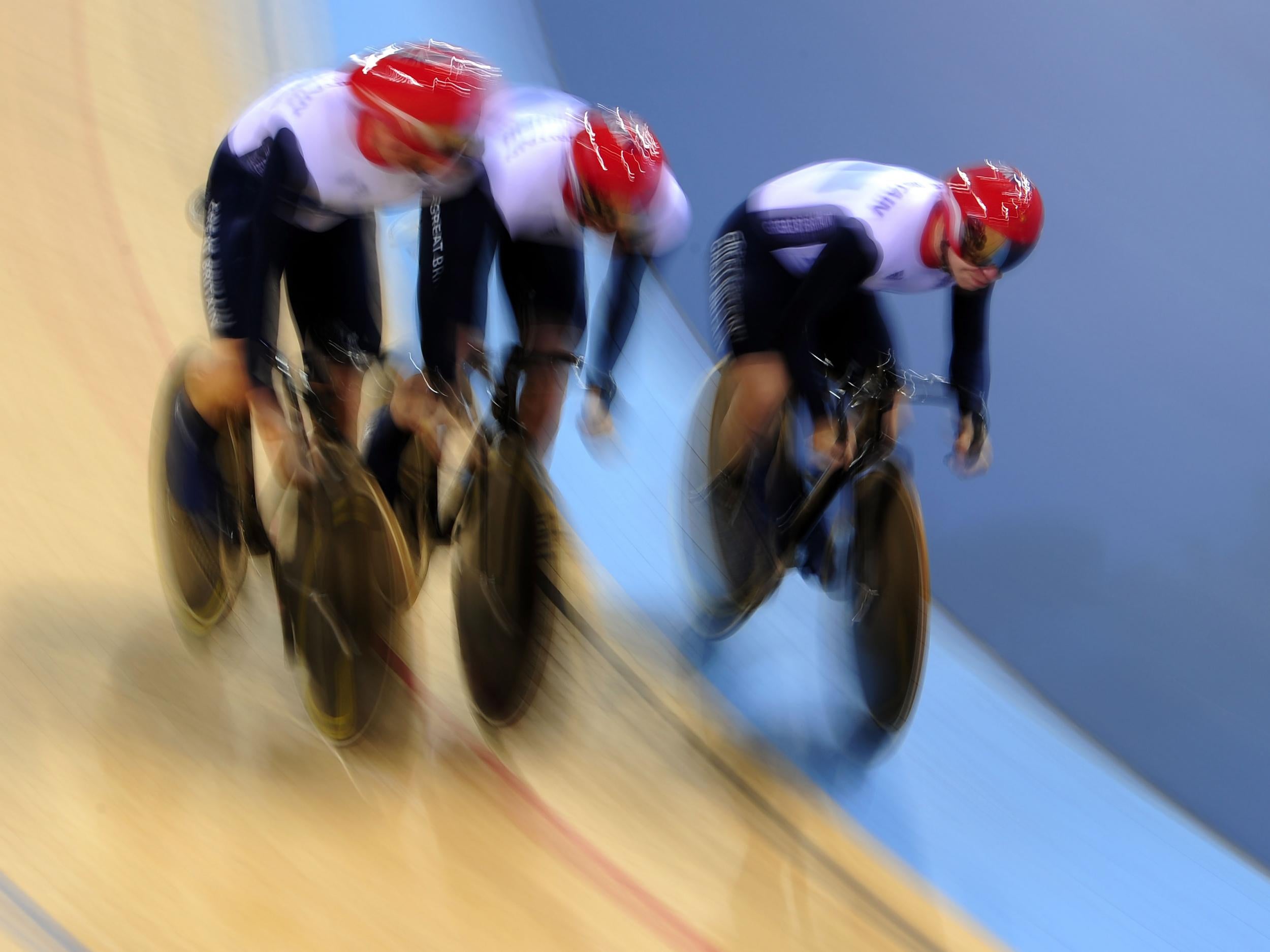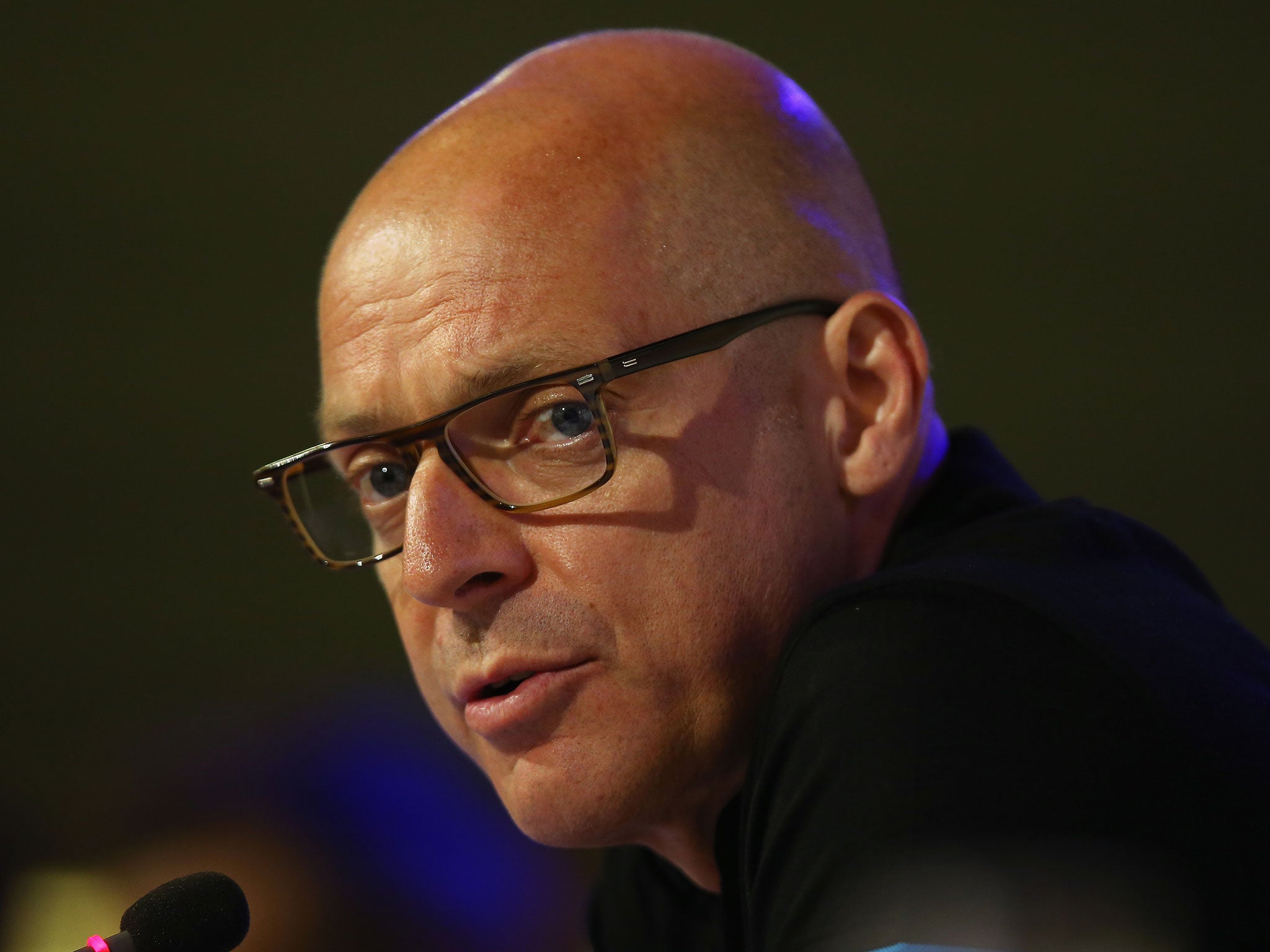More evidence of an attempted cover-up begs the question - should public money still be funding British Cycling?
The people freely doling out taxpayers' money have made it public knowledge that their thirst for medals outweighs the need for transparency and responsibility

A set of British Cycling board meeting minutes can be easily overlooked amid the tidal wave of problems facing an organisation drawn into the opaque depths of Team Sky, its Jiffy Bag and liberal prescriptions of high strength triamcinolone.
But the document in question, which relates to the discussions which took place in Meeting Room 1 at the Manchester’s National Cycling Centre on the morning of February 8, are significant. They paint a picture of who wanted the uncomfortable truths about the state of elite cycling out here in the public domain – and who did not.
You would hope that the advocates of full disclosure would be those from UK Sport - the organisation which has funnelled millions of pounds of taxpayers’ money – our money - into British Cycling since February 1997, and which has told us that it is always monitoring the recipients.
You would suspect that those uncomfortable with that position might be British Cycling, an organisation whose doctor has been found to have liberally dispensed triamcinolone, which helps cyclists in their holy grail of weight loss, failed to upload prescription details, then had the laptop with the records stolen in Greece.
The opposite is the case.
The minutes reveal how - after discussions had progressed through details such as Welsh Cycling’s struggle to grow the sport in the country as do not have “any facilities” to achieve participation targets and British Cycling’s £423,000 spend on rebranding and an “inter-locking logo” – a decision needed to be reached on the publication of the organisations’ jointly-commissioned independent review into the climate and culture inside British Cycling’s world-class performance programme. The ones dispensing the cash were the ones who were closing the door.
Across the table, British Cycling board member Dr George Gilbert, a former elite cyclist and now Cambridge University astrophysicist, argued the importance of full public disclosure of the report, retaining “the essence of the report [so it does] not look sanitised in any way.” The organisation’s president Bob Howden wanted the thing out quickly for the good of the staff. “A period of inertia… would lead to the loss of staff,” he said.
But Liz Nicholls, chief executive of UK Sport – which has just committed £28m to the sport for the Tokyo Olympic cycle – was the one who, in email correspondence with British Cycling, was determined to suppress the publication of details in the review. “LN had pushed hard to revise the report before signing up to anything being released,” the minutes reveal.

Nicholls was worried about the Freedom of Information Act and whether writing down every recommendation could mean those who use that legislation to uncover facts might see them. “In terms of releasing the recommendations verbatim, LN will consult with their lawyer because doing so might make that version of the report subject to FOI,” the minutes state. Welcome to the world in the public sector, where they will tell you never to write anything down that might fall within the realm of Freedom of Information. “It’s FOI-able” is a term you will frequently hear.
British Cycling non-executive director Marian Lauder told the 15 people around the table that morning that Nicholls would discuss the matter with Rod Carr, UK Sport’s chair and would return with a decision. “LN fully understands the need to release something internally but it not happy about releasing anything externally.”
And, sure enough, an anodyne press release was drawn up a few weeks later and a press briefing set up in the same Manchester building at which Nicholls and British Cycling chairman Jonathan Browning were prepared to discuss a list of 39 ‘points’ arising from the review they were not willing to publish.
Was British Cycling’s future funding now at risk? I asked Nicholls – because most quangos dishing out £28m would have such a discredited recipient on notice – though the slightest notion of such a threat was unforthcoming in her reply. In the face of deeply disquieting revelations, Nicholls wanted to talk about how sublime British Cycling was and how certain she was that all will be well. She had Browning’s back.
There's a simple explanation, of course, the problem for UK Sport is that it has so irretrievably hitched its carriage to British Cycling – the symbol of the policy of picking ‘winners’ in the Olympic spending round - that it lacks the objectivity to want transparency. The more embarrassing the headlines, the more uncomfortable the questions about quality of UK Sport’s audit.
UK Sport said in a statement on Sunday that “there will be no further comment on the [independent review] report until the final version is published and in the public domain.” The “final version” and the “verbatim version" may be very different entities, though. The people freely doling out our lottery money have made that public knowledge, by ensuring that privacy is discussed at a board meeting whose minutes are made public. It would be laughable, if it wasn’t so lamentable.
Join our commenting forum
Join thought-provoking conversations, follow other Independent readers and see their replies
Comments
Bookmark popover
Removed from bookmarks